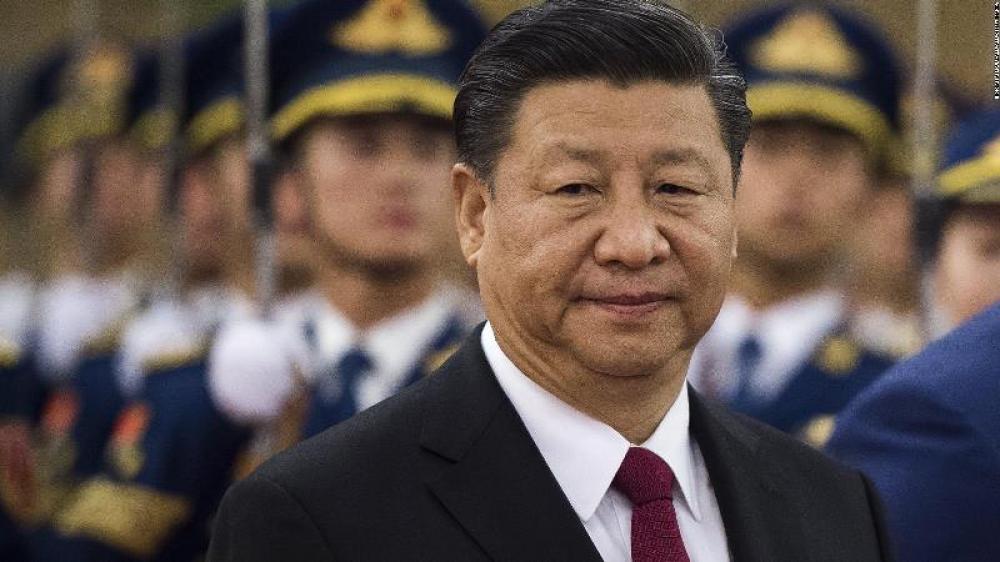Just Earth News | @justearthnews | 03 Jun 2021, 06:08 am Print
 US-China-Cambodia
US-China-Cambodia Image: Wallpaper Cave
Washington: A US senior diplomat has expressed serious concerns about China's military presence and construction of facilities at Ream Naval Base on the Gulf of Thailand.
Wendy Sherman, the deputy secretary of state, sought clarification on the demolition of two U.S.-funded buildings at Ream without notification or explanation and observed that a Chinese military base in Cambodia would undermine its sovereignty, threaten regional security, and negatively impact U.S.-Cambodia relations, read a statement issued by the US Embassy in Cambodia.
The Deputy urged Cambodia’s leadership to maintain an independent and balanced foreign policy, in the best interests of the Cambodian people.
Deputy Secretary Sherman emphasized the importance of human rights and the protection of fundamental freedoms as integral to our bilateral relationship.
She urged the Cambodian government to abide by its international and domestic human rights commitments and to ensure the protection of worker rights.
She called on authorities to promptly drop the politically motivated charges against members of the political opposition, journalists, and activists.
Deputy Secretary Sherman pressed the government to reopen civic and political space in advance of the 2022 commune and 2023 national elections.
Deputy Secretary of State Wendy Sherman led a delegation to Phnom Penh on Tuesday, June 1.
In a meeting with Prime Minister Hun Sen, Deputy Secretary Sherman stressed the U.S. commitment to the Cambodian people and recalled the important role the United States and other partners played in brokering the 1991 Paris Peace Agreements, which ended decades of civil war.
- Ali Khamenei (1939–2026): Iran’s Supreme Leader who ruled with an iron grip
- Trump signs 10% global tariff, says it takes effect ‘almost immediately’
- BJP wins a seat in Bangladesh — But not the one you think!
- Meet Shabana Mahmood: Could she take over as UK’s first Pakistani-origin Muslim PM?
- Dalai Lama's Office breaks silence on Epstein claims





-1763561110.jpg)
